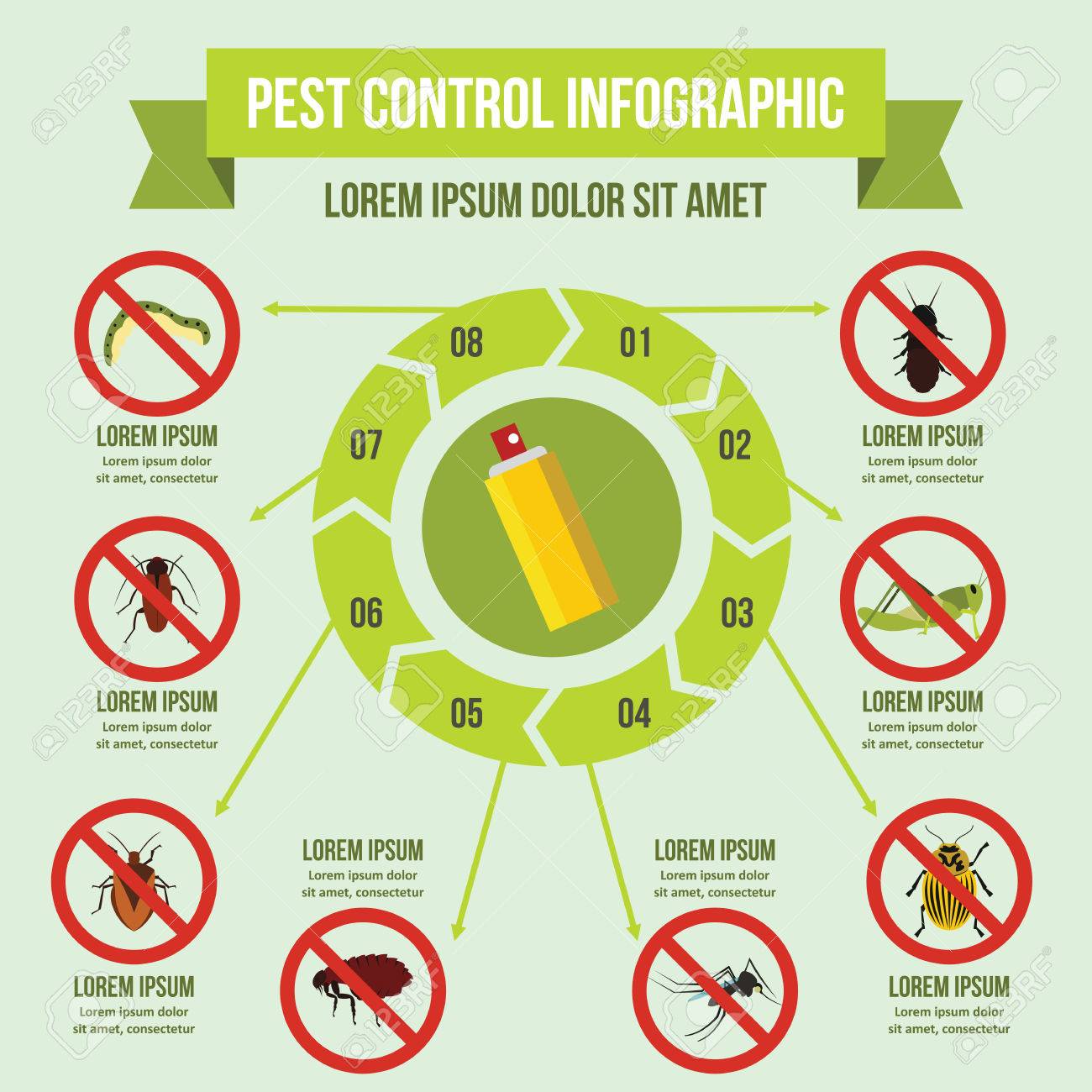Protecting Your Yard From Pests: Methods For A Pest-Free Outdoor Space
Protecting Your Yard From Pests: Methods For A Pest-Free Outdoor Space
Blog Article
Composed By-Walters Merritt
Envision your yard as a refuge, a location of serenity and beauty. However, the presence of outside parasites can promptly disrupt this idyllic image. What happens if there were simple yet efficient methods to keep these unwanted site visitors at bay and shield your garden oasis? By complying with https://does-snake-fat-remove-str40617.vblogetin.com/37627369/emergency-situation-insect-control-what-to-do-when-you-have-a-parasite-infestation and implementing natural methods, you can create an unified outdoor area where your plants can thrive uninterrupted.
Natural Pest Deterrents
To keep insects far from your garden normally, plant fragrant natural herbs like mint and lavender. These fragrant plants not just include charm to your garden but additionally act as reliable insect deterrents. Parasites like insects, flies, and even some garden-damaging bugs are repelled by the strong scents emitted by these herbs. Just putting them purposefully around your garden can help create an all-natural obstacle versus undesirable bugs.
In addition to mint and lavender, consider planting various other herbs like rosemary, basil, and lemongrass to further improve your garden's pest-proofing capabilities. These herbs not only serve as natural repellents yet additionally have the added advantage of working in food preparation or crafting homemade remedies.
Strategic Plant Placement
Think about the format of your yard and the kinds of plants you need to purposefully put them for maximum pest-proofing performance.
Start by grouping plants with similar resistance to insects with each other. By doing this, you can create a natural obstacle that hinders bugs from spreading out throughout your yard.
Additionally, placing pest-repelling plants like marigolds, lavender, or mint near even more prone plants can assist protect them. High plants, such as sunflowers or corn, can function as a guard for much shorter plants versus bugs like bunnies or ground-dwelling pests.
Bear in mind to leave enough space between plants to boost air flow and lower the threat of diseases that pests may lug.
In addition, take into consideration planting strong-smelling herbs like rosemary or basil near susceptible plants to confuse parasites' detects and make it harder for them to situate their targets.
Reliable Bug Control Methods
For combating garden parasites successfully, applying a multi-faceted parasite control method is essential. Beginning by urging natural predators like birds, ladybugs, and praying mantises to help maintain parasite populaces in check. Introducing plants that bring in these useful pests can assist in bug control. Additionally, exercising https://therevelator.org/ecocide-ukraine/ by eliminating debris and weeds where pests might hide can make your yard much less hospitable to undesirable site visitors.
Take into consideration using physical barriers such as row cover textiles or netting to shield vulnerable plants from pests like caterpillars and birds. Applying organic pesticides like neem oil or insecticidal soap can likewise work against specific pests while being less dangerous to helpful pests and the setting. It's crucial to turn your crops each season to stop the build-up of pest populations that target particular plants.
On https://professionalratremovalnea84062.blogthisbiz.com/38548832/prepare-to-develop-a-safe-house-for-your-liked-ones-and-the-setting-by-adopting-environment-friendly-environment-friendly-pest-control-approaches inspect your plants for indications of insect damages so you can act immediately. By combining these methods and remaining vigilant, you can properly control yard insects and enjoy a thriving, pest-free garden.
Verdict
So, there you have it - with the best techniques, you can maintain pesky outdoor insects away from your yard and help your plants thrive.
Did you recognize that growing mint has been revealed to push back mosquitoes and other insects, reducing the demand for harmful pesticides by up to 60%?
By integrating natural deterrents and wise growing methods, you can develop a beautiful and pest-resistant garden sanctuary for you to delight in.
